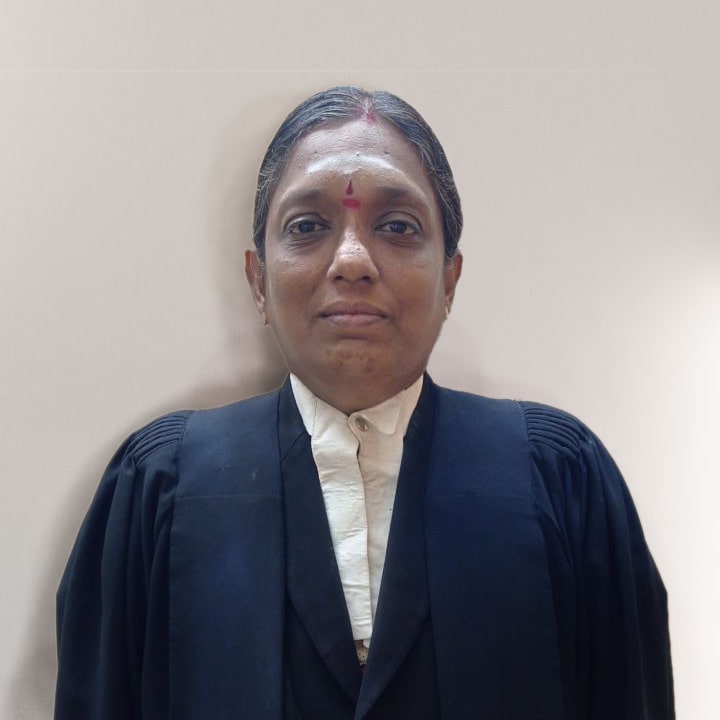Trust and Society (NGO) Lawyers
Trust and Society (NGO) Laws
Common Questions on Trusts and Society
- What is Trust?
- Which Laws Govern the Functioning of Trust?
- What is NGO(Society)?
- Which Laws Govern Society?
What is Trust?
Trusts, by and large, under Indian law have a statutory premise, in particular the Indian Trusts Act, 1882. By and large, there are two sorts of trusts in India: private trusts and public trusts. The Indian Trusts Act, 1882 represents the private trusts. Public trusts are classified into charitable furthermore, religious trusts. The Charitable and Religious Trusts Act, 1920, the Religious Endowments Act, 1863, the Charitable Endowments Act, 1890, the Societies Registration Act, 1860, and the Bombay Public Trust Act, 1950 are the significant enactments for the acknowledgment and enforceability of public trusts. Besides, trusts can likewise be utilized as pooling vehicles for ventures, for example, mutual funds and venture capital funds. These trusts are administered by a different arrangement of regulations: the Securities and Exchange Board of India (Mutual Funds) Regulations and Securities and Exchange Board of India (Venture Capital Funds) Regulations.
The main necessity of the trust laws is that the creator of the trust ought to demonstrate by words or direct with reasonable certainty his goal to make a trust. Furthermore, the reason for which the trust is tried to be made ought to likewise show up with reasonable certainty. Thirdly, the people for whose advantage the trust it means ought to be sensibly sure. Ultimately, the property, which is to constitute trust property, ought to be assigned with certainty.
Which Laws Govern the Functioning of Trust?
According to Section 7 of Indian Trusts Act 1882, creation of a trust can happen by the following:
- Persons competent to contract under Section 11 of the Indian Contract Act 1872
- Hindu Undivided Family
- By or on behalf of minors with the permission of a principal civil court of original jurisdiction
- Company
- Association of Persons (AOP)
What is NGO(Society)?
;Non-Governmental Organization (NGO) refers to an organization that has no affiliation to the government and performs voluntary operations in the field of education, wildlife, etc. They are usually funded by the UN or by benefactors. The donations are then used to support their costs and activities in bettering the aspect that the organization focuses on. Some popular NGO's include the Word Wildlife Fund (WWF), The Red Cross, and many others.
Which Laws Govern NGO(Society)?
Some of the Central ; State Laws applicable for NGO;s in India are:
- Indian Trust Act 1882
- Religious Endowment Act 1863
- Charitable ; Religious Trusts Act 1920
- Wakf Act 1995
- Indian Registration Act 1908
- Sikh Gurdwara Act 1925
- Trusteed ; Mortgagees; Powers Act 1866
- Indian Trustees Act 1866
- Society Registration Act 1860
Search Result : Expert Trust and society ngo Lawyers
Consult Expert Trust and society ngo Lawyers in India
Advocate Anik
Advocate Anish Palkar
Mumbai suburban
Advocate Arvind Tripathi
Allahabad
Advocate Surbhi Sharma
Delhi
Advocate Rajendra Prasad
Hyderabad
Advocate Dsouza
Mumbai
Advocate A. G. Syam Kumar
Thiruvananthapuram
















